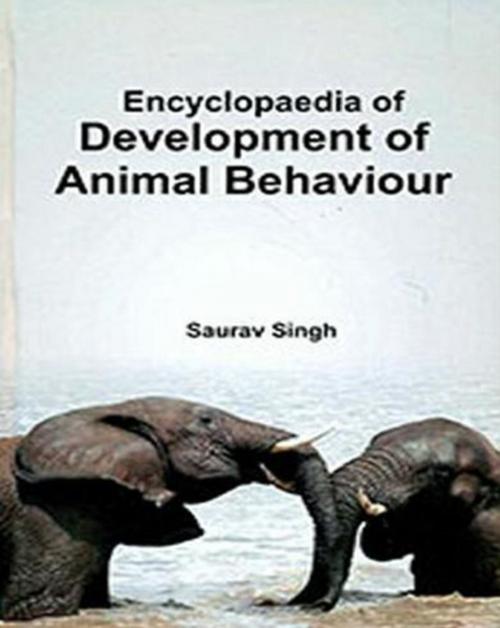Encyclopaedia Of Development Of Animal Behaviour
Nonfiction, Science & Nature, Science, Biological Sciences, Zoology, Nature, Animals| Author: | Saurav Singh | ISBN: | 9789388040976 |
| Publisher: | Centrum Press | Publication: | June 30, 2013 |
| Imprint: | Centrum Press | Language: | English |
| Author: | Saurav Singh |
| ISBN: | 9789388040976 |
| Publisher: | Centrum Press |
| Publication: | June 30, 2013 |
| Imprint: | Centrum Press |
| Language: | English |
The origins of the scientific study of animal behaviour lie in the works of various European thinkers of the 17th to 19th centuries, such as British naturalists John Ray and Charles Darwin and French naturalist Charles LeRoy. These individuals appreciated the complexity and apparent purposefulness of the actions of animals, and they knew that understanding behaviour demands long-term observations of animals in their natural settings. At first, the principal attraction of natural history studies was to confirm the ingenuity of God. Comparative psychology also studies animal behaviour, but, as opposed to ethology, is construed as a sub-topic of psychology rather than as one of biology. Historically, where comparative psychology researches animal behaviour in the context of what is known about human psychology, ethology researches animal behaviour in the context of what is known about animal anatomy, physiology, neurobiology, and phylogenetic history. The author expresses the hope that this way of treatment may serve its purpose and form an introduction to the fascinating science of the psychology of animals.
The origins of the scientific study of animal behaviour lie in the works of various European thinkers of the 17th to 19th centuries, such as British naturalists John Ray and Charles Darwin and French naturalist Charles LeRoy. These individuals appreciated the complexity and apparent purposefulness of the actions of animals, and they knew that understanding behaviour demands long-term observations of animals in their natural settings. At first, the principal attraction of natural history studies was to confirm the ingenuity of God. Comparative psychology also studies animal behaviour, but, as opposed to ethology, is construed as a sub-topic of psychology rather than as one of biology. Historically, where comparative psychology researches animal behaviour in the context of what is known about human psychology, ethology researches animal behaviour in the context of what is known about animal anatomy, physiology, neurobiology, and phylogenetic history. The author expresses the hope that this way of treatment may serve its purpose and form an introduction to the fascinating science of the psychology of animals.















